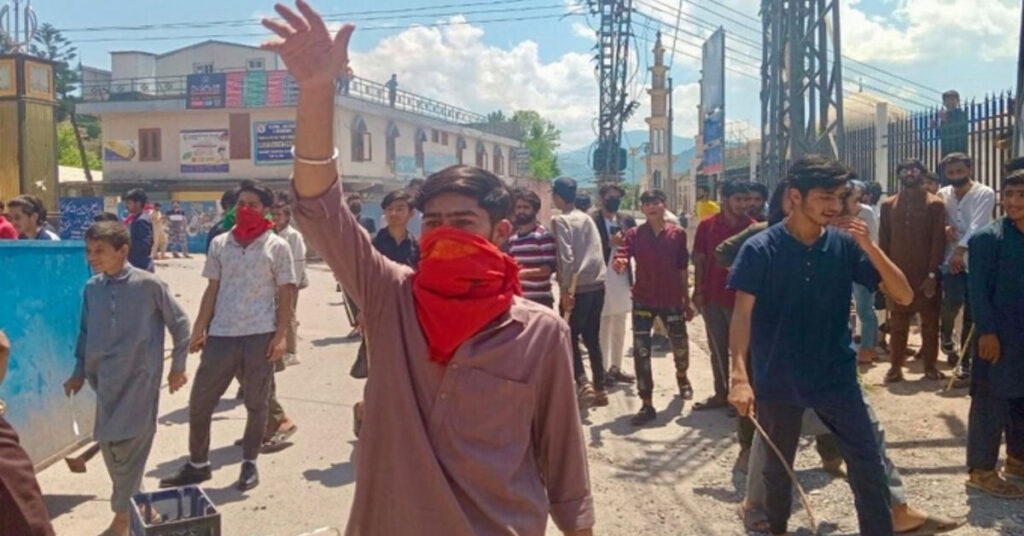
The primary driver triggering these massive outbursts of protest is the exacerbating economic crisis in Pakistan, which is afflicting the region and subsequent discontent among the population.
Pakistan-occupied Kashmir (PoK), often synonymous with political turmoil, has intensified its collective unrest against the government of Islamabad recently. The primary driver triggering these massive outbursts of protest is the exacerbating economic crisis in Pakistan, which is afflicting the region and subsequent discontent among the population.
PoK, also referred to as ‘Azad Kashmir’ and Gilgit-Baltistan, although under Pakistan’s control, maintains a separate political entity. The region has consistently faced numerous economic hardships, resulting in a widespread lack of socio-economic development. The current economic crisis in Pakistan, characterized by inflation, increasing debts, and a depreciating currency, has drastically amplified these struggles.
Among these economic challenges, inflation is undoubtedly pivotal and most impactful. A surge in the cost of essential items, such as food and fuel, has significantly weakened the economic resilience of the common people, pushing many into the clutches of poverty. With wages remaining stagnant, consumer purchasing power has dropped, inciting frustration and dissent against the government’s economic policies.
Another contributing factor to PoK’s unrest is the unabated corruption within the region’s governing administration. Despite recurring allegations of corruption, no concrete steps have been taken to curb it, further draining the resources that could potentially alleviate the economic crisis. This sequential combination of economic instability and corruption has galvanized the residents into expressing their dissatisfaction out in the open.
The people of PoK feel neglected and exploited by the government of Pakistan, which pays little heed to their grievances. They contend that Islamabad pursues projects in the region without considering their interests, thus adding to their sense of being marginalized within the polity. Their reservations about Islamabad’s China-Pakistan Economic Corridor (CPEC) project exemplify this.
CONCLUSION
In conclusion, a multitude of factors, including inflation, corruption, lack of economic development, and political marginalization, stirred by Pakistan’s economic crisis, have incensed the situation in PoK. The mounting anger and increasing protests are not merely a cry for economic relief; they are also a desperate plea for political recognition, adequate representation, and an end to their continuing subjugation. As this turmoil escalates, it raises poignant questions about the consequences of economic instability on political tranquility and the broader geopolitical dynamics of the region.
